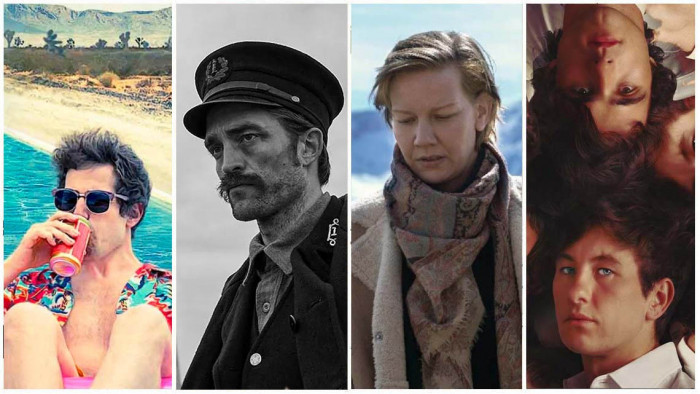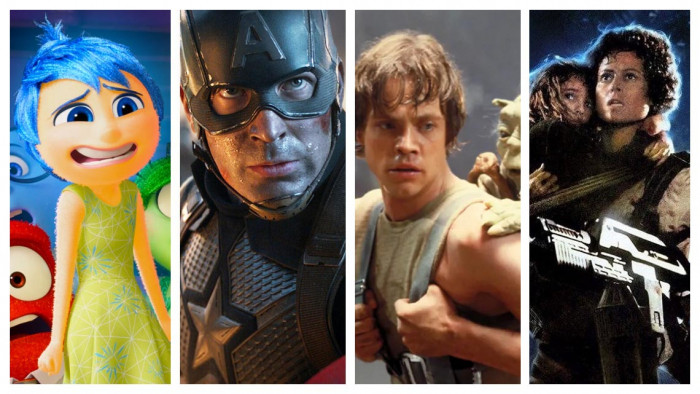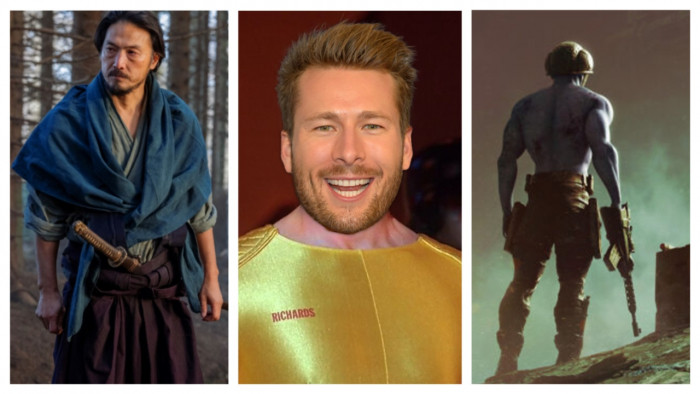Mark Schultz, wrestling champion and subject of Foxcatcher, explains where the film got it wrong
Did you ever think your autobiography, Foxcatcher, would be turned into a film?
It’s strange – when I was a kid every time I did athletics I’d think, “If my life were portrayed in a movie, how would this work?” So I always had this idea in the back of my head. I don’t know if that ended up a conscious decision, making a movie about my life or not. Maybe it’s coincidence or destiny.
How involved were you with the film?
I wrote Foxcatcher in 1997. I sold my book rights in 2006, so I consulted with director Bennett Miller for eight years before the film was released.
Are you happy with the way your life was depicted on screen?
I’m happy that my brother [Dave Schultz, played by Mark Ruffalo] was immortalised. That was the main reason I did it. I’m very happy that it got five Oscar nominations and that they got Channing Tatum to play me, I keep telling people the only guy they could come up with to play me was the sexiest man in the world! But I didn’t expect Miller to choose the darkest part of my life to focus on – Dave’s murder – and expand that into a movie. I thought they’d focus on the wrestling, becoming the ultimate cage fighter, being victorious. It ended up being almost the complete opposite – a nightmare, a horror story – they turned it from Rocky into The Rocky Horror Show.
When did the story mutate into the events leading up to your brother’s murder in 1996?
After I sold it to Miller. Right from the beginning he wanted to focus on the murder and forget about my athletic accomplishments. Miller’s not an athlete – he’s even talked about having negative experiences being a high-school baseball manager before he went into film. So I don’t think it’s in him to glorify an athlete after the way he was treated.
That aside, did the film stick largely to the truth?
I’d say 90 per cent of the film is fiction. I don’t like how my relationship with John du Pont [the millionaire wrestling enthusiast played by Steve Carell] is portrayed. That facility Du Pont has in the movie, that’s fiction. There was nothing there. Every scene in the movie is almost fiction – Dave and I were never on Foxcatcher Farm at the same time.
What actually happened?
Du Pont asked me to coach at Villanova University, Pennsylvania, in 1986. He showed me this school pavilion, named the John Eleuthère du Pont Pavilion. Then a swimming complex, the John Eleuthère du Pont Swimming Complex. I thought he’d do for wrestling what he’d done for basketball and swimming – give a bunch of money and let them run their own programmes without interference. But he wanted to be involved. He came round every day, I kept asking him when this wrestling room that he promised was coming. He kept coming up with excuses. I lived at an apartment at Villanova for 18 months. I only went to Foxcatcher for my last six months to save rent money. You’d think with all his money we’d have state-of-the-art facilities, but it was one of the worst facilities I’d ever trained in. All that was there was a wrestling mat in his indoor shooting range, set up for the pentathlon which he got bored of, just like he did with all the toys he played with. The ceiling was really low, so we couldn’t do high throws; we had to change our style.
Were you not on the Foxcatcher set to point out discrepancies?
I wasn’t there for very long. I had to pay for my own hotel if I wanted to stay. I interpreted that to mean I should leave, so I did. I coached Channing the different wrestling moves. But I could tell he was distracted by my presence, so I left.
Do you have any regrets about selling the book rights to Miller?
Hindsight is 20-20. Everything changed daily – the plot, the writing, everything. At one point even Mark Ruffalo and Steve Carell looked at each other and went,
“Is this scene going to work?” Had I known what Miller would turn it into, I might have had second thoughts. Paul Thomas Anderson came up to me after the premiere and said: “Don’t you wish you had me direct instead?” [Laughs].
Was Carell’s off-key depiction of Du Pont accurate?
He wasn’t insane. He was just a selfish, greedy, arrogant, spoilt rich kid who never grew up. I got sick of being associated with him. Du Pont was an idiot, the biggest loser I’d ever met and I couldn’t get away from him, he wouldn’t leave me alone, he wouldn’t shut up. In the movie he hates his mother’s horses. The reason for that is one of those horses threw him off onto a fence and he damaged his testicles, they got infected and they had to be removed. Wrestling officials took his money with their hands held out. Everyone sided with him because he paid them.
Why did you finally leave?
My girlfriend and I lived together on the farm. Du Pont barged into our room one day and pointed a gun at her. I got in front of her and said, “That’s it, we’re going.”
Why did Dave decide to join the farm in 1989, just months later?
That was his own decision. I told him he shouldn’t go there. Another thing the film got wrong.
Now the film’s out there, can you move on with your life?
When somebody gets killed in your family you never get over it. I’m glad the film’s in the past.
If people who’ve seen Foxcatcher want to know the full story, what should they do?
Read my book. It’s the true story.
Foxcatcher is out on Blu-ray and DVD on 18 May
[Images: Getty]
Latest
Related Reviews and Shortlists


The 10 best war movies of the 21st century









